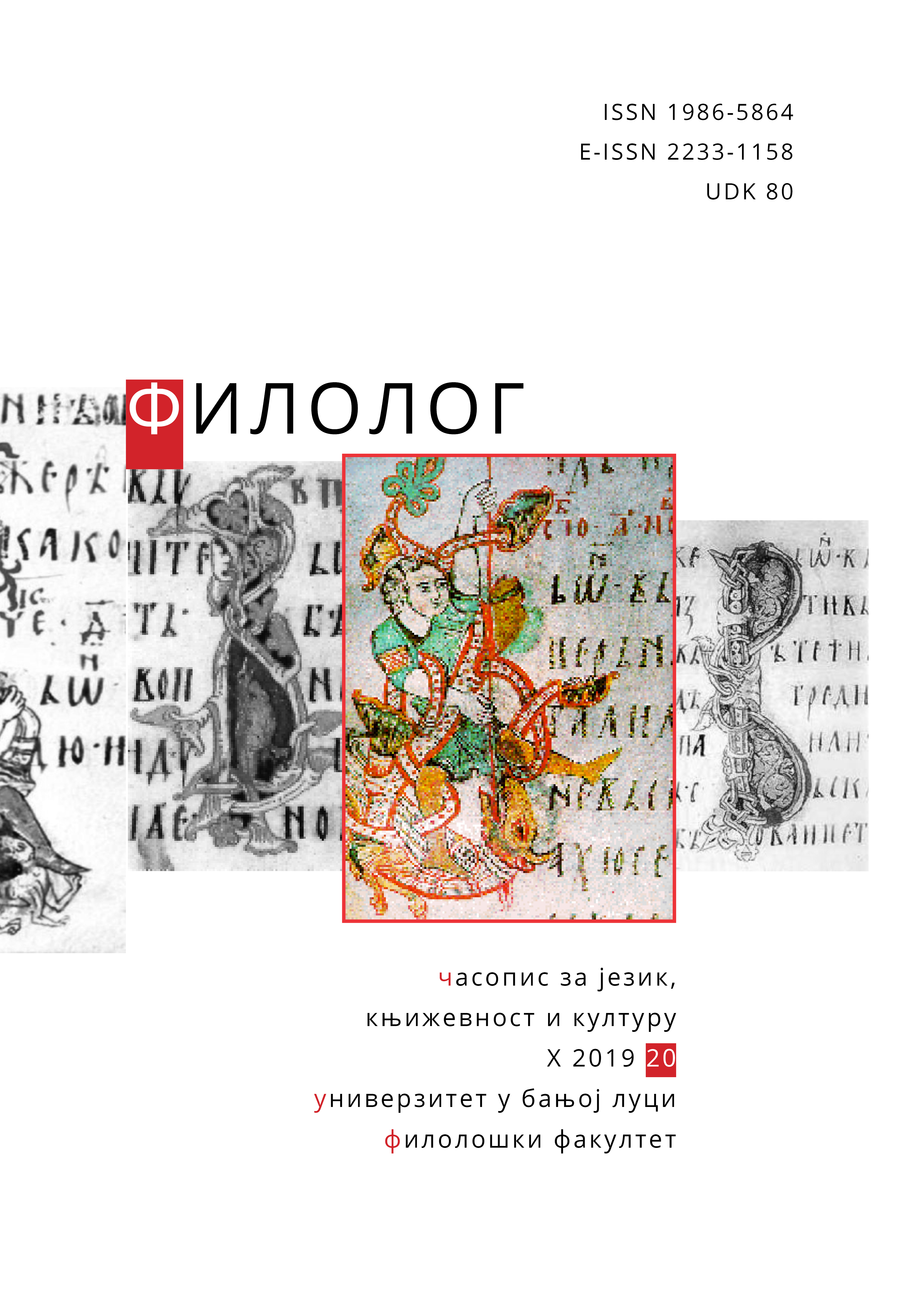Грчки мит у Расиновој Тебаиди
Greek Myth in Racinesʼ The Thebaid
Author(s): Milan N. JanjićSubject(s): Language and Literature Studies, French Literature, Philology, Theory of Literature
Published by: Филолошки факултет Универзитета у Бањој Луци
Keywords: Racine; The Thebaid; Greek mythology; French classicism; tragedy; tragic doom; hero;
Summary/Abstract: The aim of this article is to analyse how Jean Racine (1639-1699), a French poet, uses the ancient Greek sources to write his first tragedy – The Thebaide, or the Enemy Brothers (La Thébaïde, ou les frères ennemis, 1664). Racine wrote twelve plays, four of which – La Thébaïde, Phèdre (1677), Iphigénie (1674), and Andromaque (1667) – are entirely inspired by the ancient Greek mythology and by the great ancient poets. His first play in the tragic genre, The Thebaid, finds its poetic origins in the Theban cycle of the Greek mythology and in Euripides’ The Phoenician Women. In this Racinean tragedy an embroilment between two brothers, born of Oedipus’ incestuous relationship, is depicted, and they eventually become enemies. In this context, this research aims to analyse the differences and similarities between the characters and the circumstances of the Greek mythology, which is the subject of the ancient tragedy and the subject of this particular play by Racine. In addition, the poetic manner of Racine, in accordance with the style and spirit of French classicism, which he uses to create the modern tragedy of the 17th century, is considered.
Journal: Филолог – часопис за језик, књижевност и културу
- Issue Year: 2019
- Issue No: 20
- Page Range: 574-593
- Page Count: 20
- Language: Serbian

